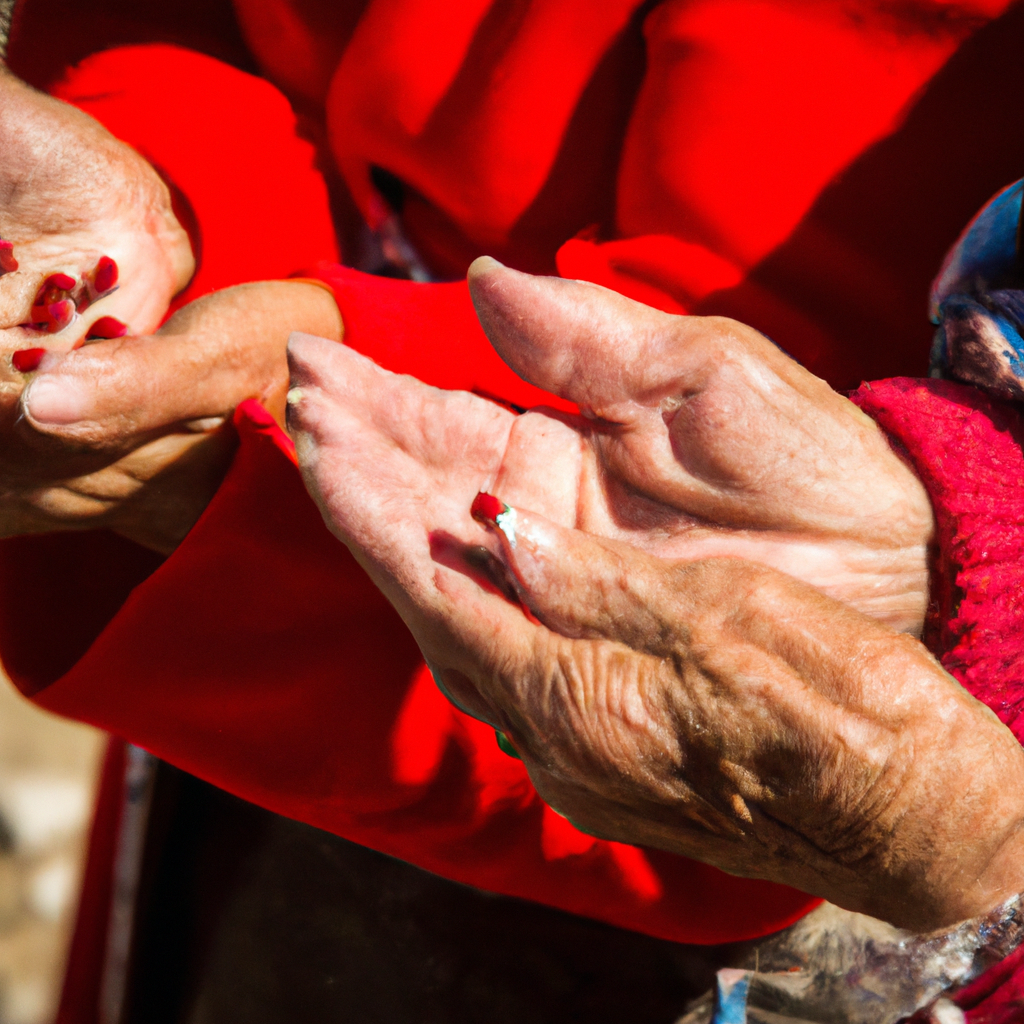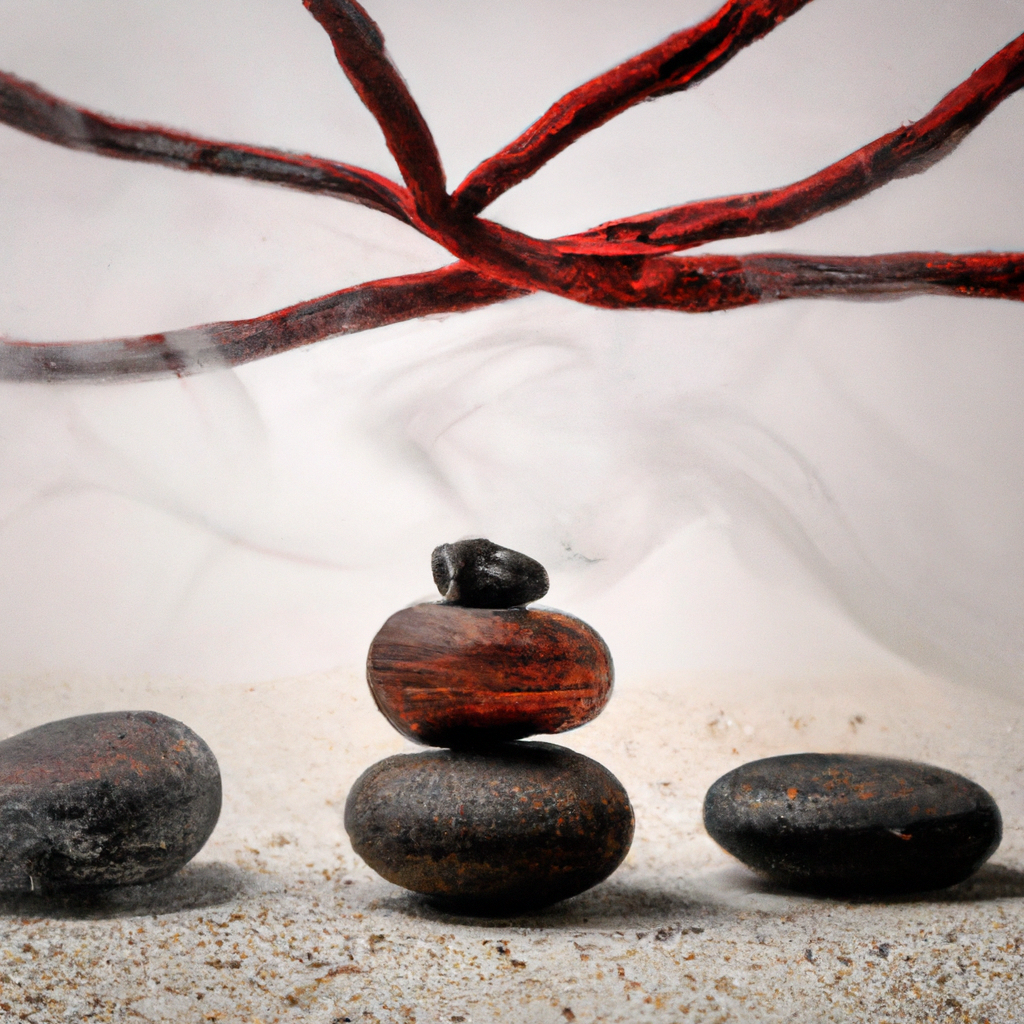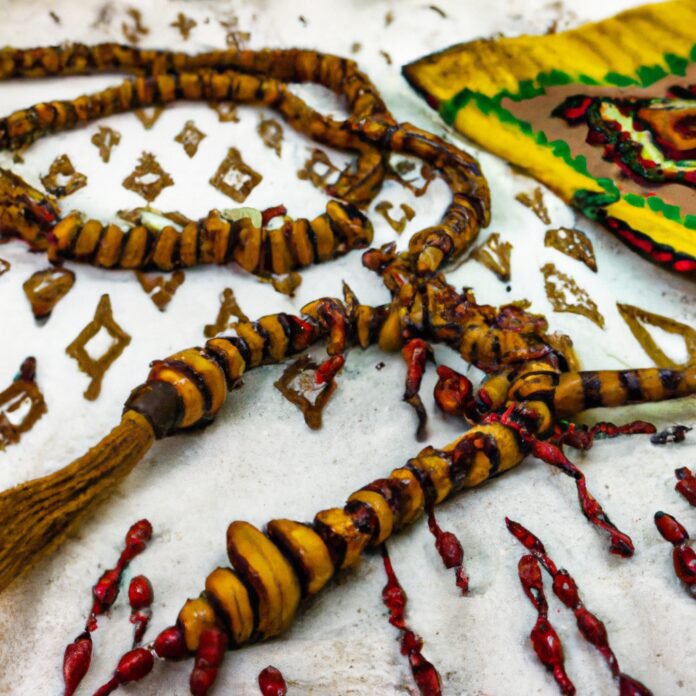As Indigenous cultures from around the world and across thousands of years continue to rise up and reclaim their history and values, it is important to recognize the poetry and beauty inherent in their traditions and customs. From spectacular dances and music to remarkable stories and artistry, celebrating and understanding Indigenous traditions is an opportunity to go beyond the superficial and discover a unique and vivid culture.
1. An Exploration of Indigenous Traditions
Indigenous cultures, reaching back centuries and exhibiting a rich tapestry of customs and values, continue to captivate modern society. Although much of the world’s knowledge on such traditions has been distorted, muddled, or erased entirely, there are many ways to safely explore and appreciate the inherent cultural messages found within these traditions.
- Mythology: Ancient stories that conveyed the values and beliefs of an indigenous tribe often centered around animals or elements from their natural environment. Each myth served to teach a lesson, often moralistically presenting an ‘ideal’ way of life.
- Art: Established tribes developed visual expressions of their cultures including body and face painting, sculptures, and written words. Art created within an indigenous society typically held strong symbolism and meaning.
- Celebrations: Special occasions such as weddings, funerals, and the transition between childhood and adulthood were generally honored in a traditional procedure. Music of the people menaced with rhythms and beats, with symbols of beauty, status, and power.
- Linguistics: Indigenous languages often developed intricate systems of grammar and communication that show a depth of understanding in topics such as the environment, spirituality, and social relationships.
- Daily Life: Everyday tasks were completed in unique ways based on the customs of the people. Clothing styles, food preferences, and habitation styles could be distinctly different from region to region.
Exploring of these different areas can lead to a greater appreciation of the diversity of cultures, as well as help to revive some of the traditional indigenou customs that were lost due to colonization and oppression. Providing a context to the beliefs and values of a society offers respect and insight into the histories of these populations. Showing an understanding and appreciation of these customs is one way to demonstrate a commitment to honor and preserve the heritage of our planet’s first settlers.

2. Embracing the Diversity of Culture
Diversity of culture is one of the things that makes the world unique and wonderful. Every corner of the globe has its own traditions, customs and beliefs that make their part of the world unique. Here are some tips to help us embrace culture diversity:
- Have an Open Mind: Embracing culture diversity means having an open mind and a willingness to learn from different cultures. Being open to different ways of thinking and traditions gives us a richer understanding of the world.
- Connect with People of Different Cultures: It can be intimidating to connect with people of cultures different from your own, but it can helpful to get to know people of all different backgrounds. This can be achieved through travel, online conversations and community events.
- Enjoy Diversity in the Workplace: The workplace is becoming increasingly diverse, with people of a range of cultural backgrounds employed in the same company. Appreciating each other’s cultures can lead to a truly unique and inspiring work atmosphere.
Taking part in cultural activities, even on a small scale, goes a long way to understanding and appreciating culture diversity. A visit to a museum or participating in a cultural event can help us to learn more about the traditions of other cultures. Learning another language can help to open our minds even further and enhance our cultural skills.
Whenever we travel, it’s important to respect the culture of the place we are visiting. We can observe cultural differences and practice cultural sensitivity to ensure that we don’t cause any offence. Remembering to be respectful of other cultures is one of the best ways to ensure we can enjoy our time travelling.
Picking up skills and cultural knowledge from around the world is a great way to better understand and appreciate culture diversity. Taking time to embrace different customs and appreciate different beliefs from all over the world might just change the world for the better.
3. Celebrating Our Cultural Heritage
Preserving our cultural heritage is integral to keeping our beliefs, values, customs, and traditions alive. Every country has a unique culture that shapes its national identity and defines its people. provides us with an opportunity to celebrate our past and remind us of our roots.
Cultural heritage includes objects, traditions, ideas, stories, monuments, and art, all of which are essential to understanding the past. Celebrating cultural heritage can help communities to develop a better understanding of each other, and of their own identity. This celebration can be used to strengthen relations, improve tolerance, and foster connections and communication between diverse cultures.
One great way to celebrate our cultural heritage is to throw events and festivals that recognize and commemorate our traditions. These can include:
- Parades: Showcasing traditional clothing, cultural music, and dance.
- Museums: Displaying objects and artifacts related to national culture.
- Food festivals: Celebrating the traditional cuisine of the region.
These celebrations can be used to bring people together through activities that form a visible connection to our culture. As well as recalling forgotten customs and beliefs, they also create an opportunity to appreciate the works of previous generations.
Celebrating cultural heritage in our communities can help encourage understanding and respect amongst people of all backgrounds. It’s a great way to recognize and celebrate the role culture plays in our lives and how it connects us all.
4. Honoring Ancestral Practices
Many people feel that honoring our ancestors is an important part of life. By connecting to our past, we renew our connection to the present. By understanding our ancestors’ struggles and successes, we can gain insight into our own lives.
Often, our ancestral traditions are lost through generations, but that does not mean that we cannot hold onto them in some form. Here are some tangible ways to honor our ancestral practices:
- Studying their histories: Researching our families’ past can give us a sense of our lineage. Often, we will find stories and activities that can be included in our lives today.
- Cultural preservation: Learning about the culture of our ancestors such as their language, art, music and stories can provide a window into our past and help us share our history with future generations.
- Paying respects: Setting aside a day or a time period to honor our ancestors can be a meaningful way to pay respect to them.
Actively practicing our ancestral traditions can be even more powerful. If we are fortunate enough to have access to these traditions, it can be a great way to connect with our heritage. Whether it is cooking the foods of our ancestors or practicing certain spiritual beliefs, these traditions reflect who we are.
By thinking of our ancestors on special occasions such as weddings, family gatherings, or on holidays, we honor them in our thoughts. We can also use moments like these to learn more about our own history and past.
Honoring our ancestral practices weaving these traditions into our lives can help us to better understand our heritage and to find connection in our lives. Even if we have lost these practices through generations, there are still ways that we can connect back to them. It is a reminder of our true roots and where we have come from.
As we honor Indigenous Traditions, we also honor the resilience of the countless generations of Indigenous Peoples throughout the ages. Through celebrating the strength and beauty of these cultures, we show our commitment to respecting these vital traditions as we move into the future.
